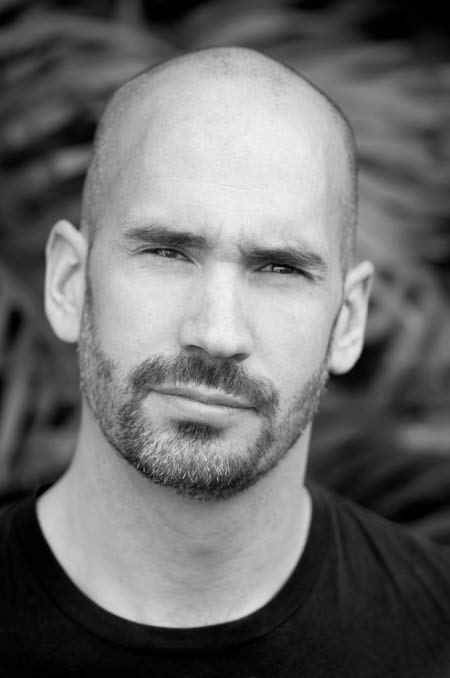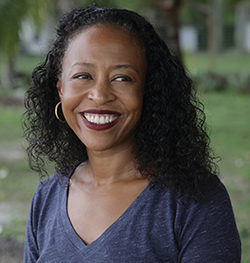 2015 BookPage Summer Reads
2015 BookPage Summer Reads
Two new novels set in privileged northeastern communities showcase the darker side of family life.
Julia Pierpont’s anticipated debut reminds readers of a universally acknowledged fact: It’s a strange feeling when you realize your parents are human. For most of us, it happens in late adolescence or even early adulthood—when Mom and Dad start speaking up about job conundrums or relationship woes, or even (God forbid) sex.
Among the Ten Thousand Things hinges on a devastating event that forces Kay Shanley, 11, and her 15-year-old brother, Simon, to prematurely confront a painful secret. In an explosive opening scene, Kay intercepts a package from her father’s lover—a printed chronicle of his affair, complete with explicit emails and a cruel letter addressed to Kay’s mom, Deb, who was meant to receive the R-rated evidence. Once Kay and Simon learn of their father’s infidelity, nothing is ever the same—though the events after the crisis are neither neat nor predictable.
The Shanley family is outwardly accomplished though inwardly troubled. Jack, the father, is an acclaimed, though controversial, artist (one memorable scene involves an installation art piece gone horribly, horribly wrong). Kay has trouble fitting in at school and understanding her father’s affair, and she expresses herself by writing smutty “Seinfeld” fan fiction. Simon is a computer game-playing, pot-smoking, sullen teenager—impatient with his sister and ticked off at both parents. Deb, a former professional ballerina and a doting mom, tries to keep life as normal as possible for her children while processing her anger at Jack.
Pierpont is a strong, confident writer, and her well-observed characters feel deeply human. She is also a deft storyteller; many readers will be floored by an unexpected narrative twist in the middle of the novel that upends the conventions of plot structure and adds depth to the second half of the book—a welcome, if initially unsettling, surprise. Among the Ten Thousand Things is an impressive debut—a family drama alternately bright and bleak from a gifted young author.
Read our Q&A with Julia Pierpont.
A NOT-SO-PERFECT SUMMER
Even bleaker is The Invaders by Karolina Waclawiak, set in a “Connecticut postcard-perfect” town. In alternating chapters, the story is told by Cheryl, the second wife of a successful businessman, and her stepson, Teddy, who has recently been kicked out of Dartmouth. Both Cheryl and Teddy feel a deep dissatisfaction with daily life in Little Neck Cove, and throughout an eventful, often violent summer they turn to each other—not to mention painkillers and booze—to cope with neighborhood busybodies and gossips.
Cheryl feels like an outsider among the Country Club set (it doesn’t help that her husband’s first wife fell drunkenly to her death off a dock). She is stuck in a loveless marriage; for pleasure, she anonymously calls random numbers from the phonebook to see who will respond to her sultry voice. Cheryl also holds a scandalous secret, the keeping of which creates much of the novel’s tension. Teddy binges on sex and drugs.
The Invaders is a stiff cocktail without a chaser: It will wake you up, though it’s hard to get down. It lacks subtlety and feels as though it were written to shock—though some scenes are also wickedly funny. Little Neck Cove seems like a terrible place to live, though readers won’t mind gawking at its melodramatic residents for a while before returning to their own, more peaceful lives.
This article was originally published in the July 2015 issue of BookPage. Download the entire issue for the Kindle or Nook.














 REBELLION
REBELLION GATHER THE DAUGHTERS
GATHER THE DAUGHTERS SEE WHAT I HAVE DONE
SEE WHAT I HAVE DONE THE TALENTED RIBKINS
THE TALENTED RIBKINS THE HALF-DROWNED KING
THE HALF-DROWNED KING

























